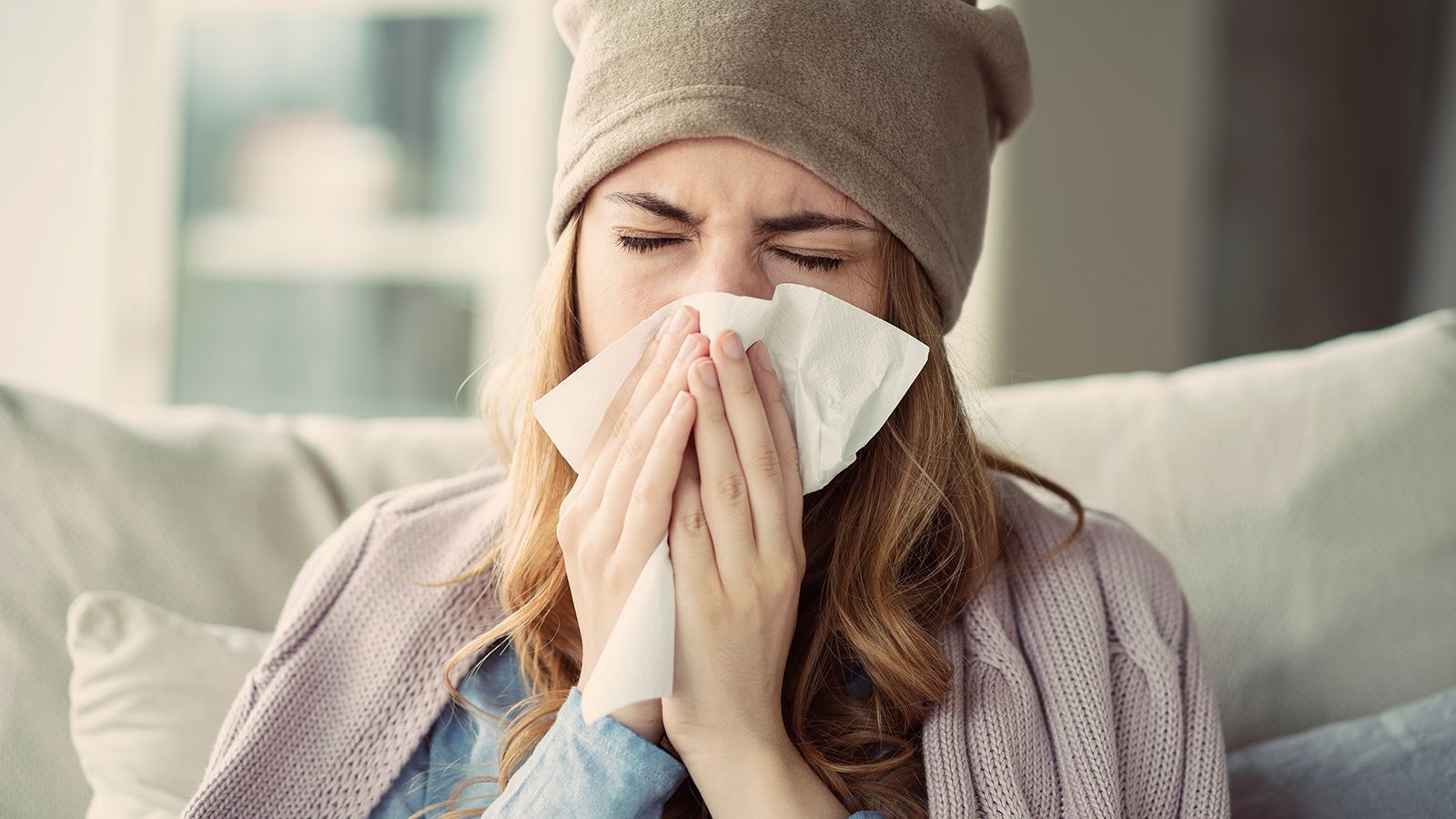Expert's advice: Cold weather is increasing, do not take medicine indiscriminately if you have a cold
Expert's advice: Cold weather is increasing, do not take medicine indiscriminately if you have a cold
As the country, including Kathmandu, has started to experience extreme cold, experts have suggested not to buy medicine if you have a cold this season.
Children and senior citizens especially need more care during the winter season. Experts have urged people to take necessary precautions, saying that children are more likely to suffer from respiratory problems, colds, throat infections, stomach aches, etc. during the winter season.
Pediatrician Dr. Ramhari Chapagain of Kanti Children's Hospital says that respiratory problems, pneumonia, and 'cold diarrhea' (cold-related diarrhea) are more common during the winter. 'Nutritious food is needed to protect children from colds. Although children need nutritious food at any time, they need it more during winter than at other times. It helps in digesting common diseases,' he said. He also said that all the vaccines provided by the government should be administered.
'Vaccinated children get sick less than others. Children who have been vaccinated against measles are at a lower risk of pneumonia, said Dr. Chapagain. He said that the disease is more likely to spread in winter because children avoid bathing because they think it is cold and find it difficult to wash their hands and feet.
Dr. Chapagain, a pediatrician at Kanti Children's Hospital, said that one should not take or give medicine when they have a cold or cough, and stressed that one should consult a specialist if they have a persistent cold or cough.
Dr. Chapagain said, "If you pay attention to cleanliness, the chances of getting sick in winter or summer are low. Children are lazy to bathe in cold weather. Lack of cleanliness can also lead to skin diseases."
He urged people to always maintain an environment with clean air circulation when burning heaters and coal to keep the room warm in winter and not to seal windows and doors.
Apsara Pandey, associate professor at the Department of Child Health Nursing at Tribhuvan University Teaching Hospital, says that with the onset of winter, parents should do their best to ensure their children eat enough fluids, wear warm clothes, and expose them to sunlight for 15 to 30 minutes daily.
“Sun exposure provides the body with the necessary vitamin D and helps strengthen the immune system,” she said. “Children at high risk of infection can also be vaccinated against viral flu after consulting a health worker. They should wear masks when coming into contact with people with respiratory infections.”
Child health nurse Dr. Suraksha Subedi also says that since children need more care in winter, emphasis should be placed on hot and fluid foods. She said, “Children should not be allowed to play in the cold as it is very cold in the morning and evening. If you have a dry cough, you should not buy and give them over-the-counter medicines. It is appropriate to do jumping exercises indoors.
Dr. Subedi urges parents to make it mandatory for children to wear socks and hats to keep them warm at night while sleeping. "Since the skin remains dry in winter, 'moisturizer' should be applied. Even when massaging with a heater, it should not be used for a long time. It can affect the skin," she said.
Dr. Chapagain, a pediatrician at Kanti Children's Hospital, says that parents should not panic as children are more likely to get colds in winter. He said, "Children get colds more often in winter than in summer. The virus that causes colds stays in the child's throat for a longer time in winter. There is also a higher chance of transmission."
Dr. Chapagain said that with a nutritious diet, fluid intake, and adequate rest, viral colds will disappear in five to six days. He advised parents not to rush to buy medicine from the store and give it to their children if they have a cold or cough.
"If you have a cold or cough, keep your child warm, focus on liquid foods, and rest. If you have difficulty breathing with a cold or cough, if you have a high fever, or if your child is eating less, you should take medicine as advised by a health worker," said pediatrician Dr. Chapagain.

Comments
Post a Comment
If you have any doubts. Please let me know.